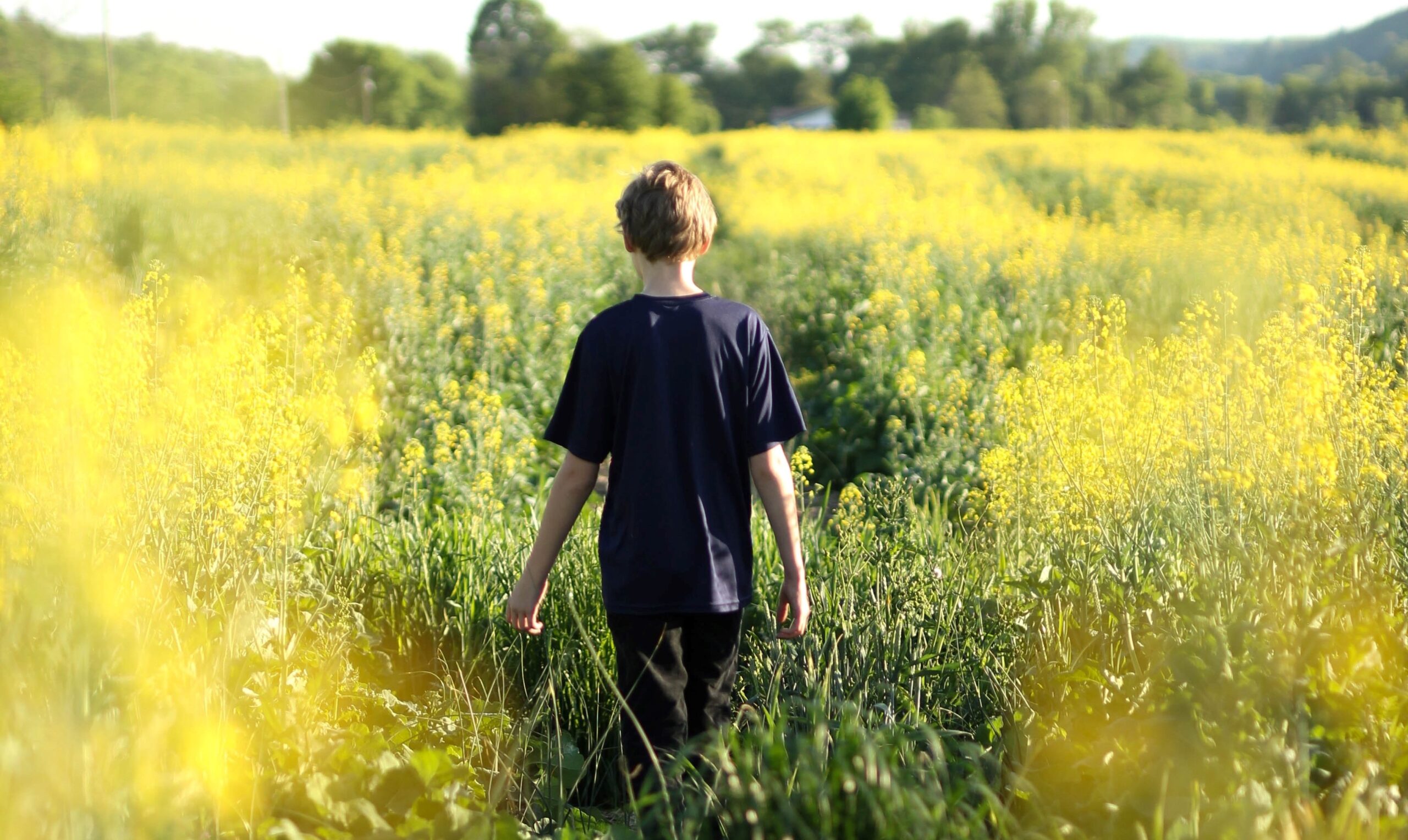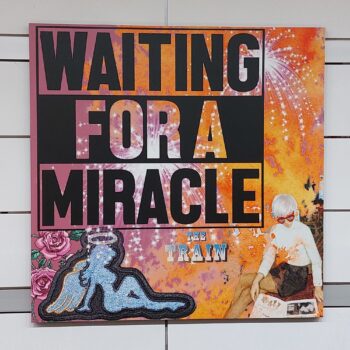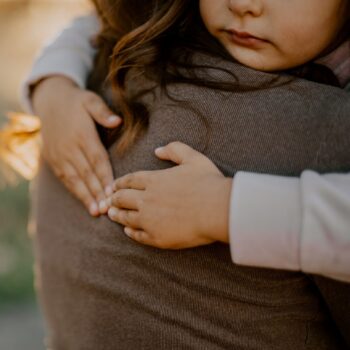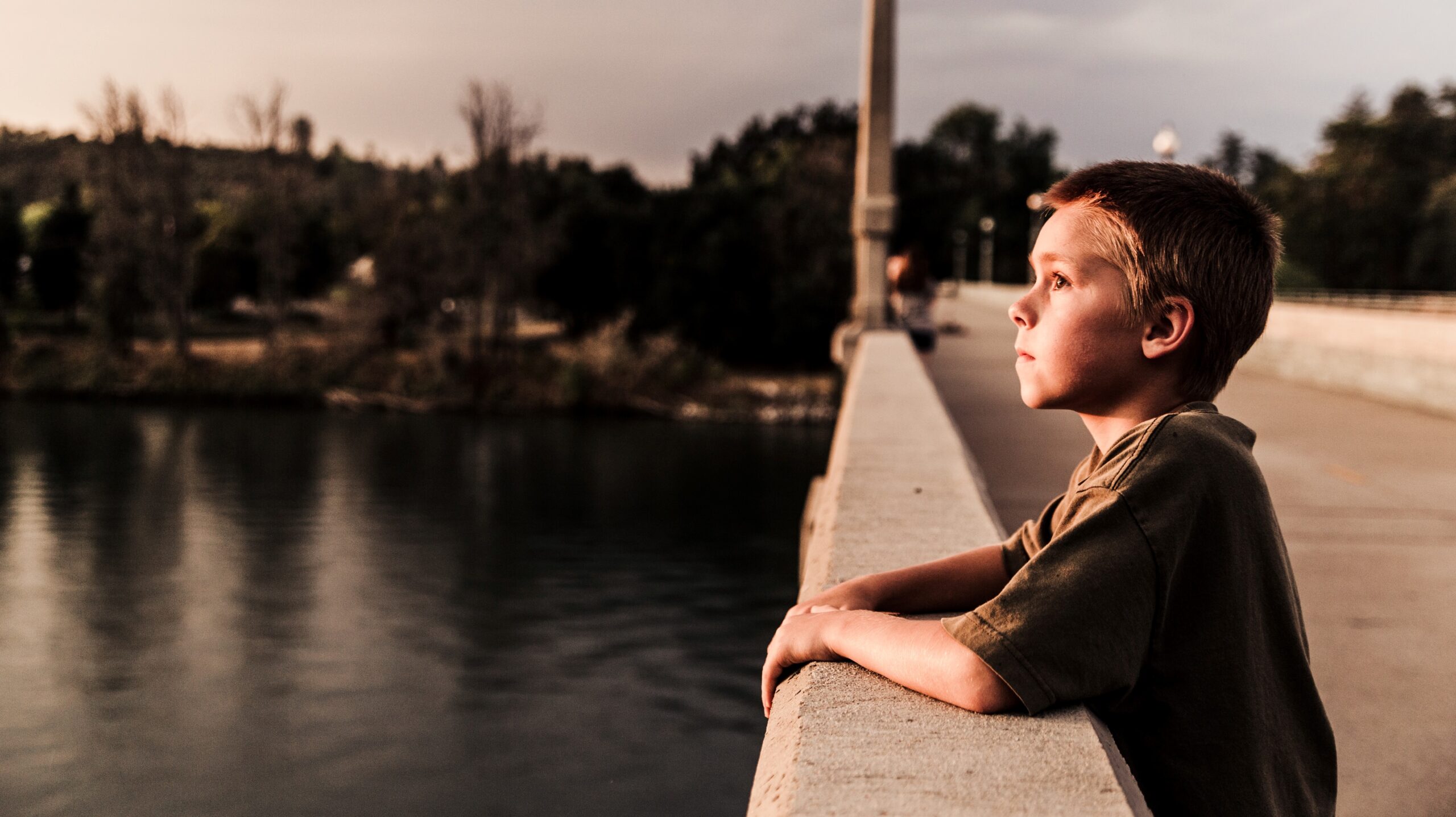
This is a true story about a conversation between a young boy and his mother. The boy and his family had been downtown for dinner at a restaurant with some relatives. As they sat down in the car to head back home in the evening, the boy seemed anxious and eager to get going as quickly as possible. The mother asked him why he felt anxious, whereupon the boy answered with surprising clarity and self-awareness:
I want to get home as quickly as possible, because if we get home late, I will fall asleep late, and then I will be tired the next day, and then I will oversleep on Monday morning, and then I will not get to school in time, and then my teacher will yell at me, and then I will not get any grades, and then I will not get any job, and then I will become poor and end up in the gutter, and then I will die. (anonymous boy)
The mother felt great empathy with his anxiety and assured him that this would surely not be the case; it was only about 8 pm and still quite bright outside, and he would be able to sleep long in the morning the following day, because it was a Sunday with no plans made for the day.
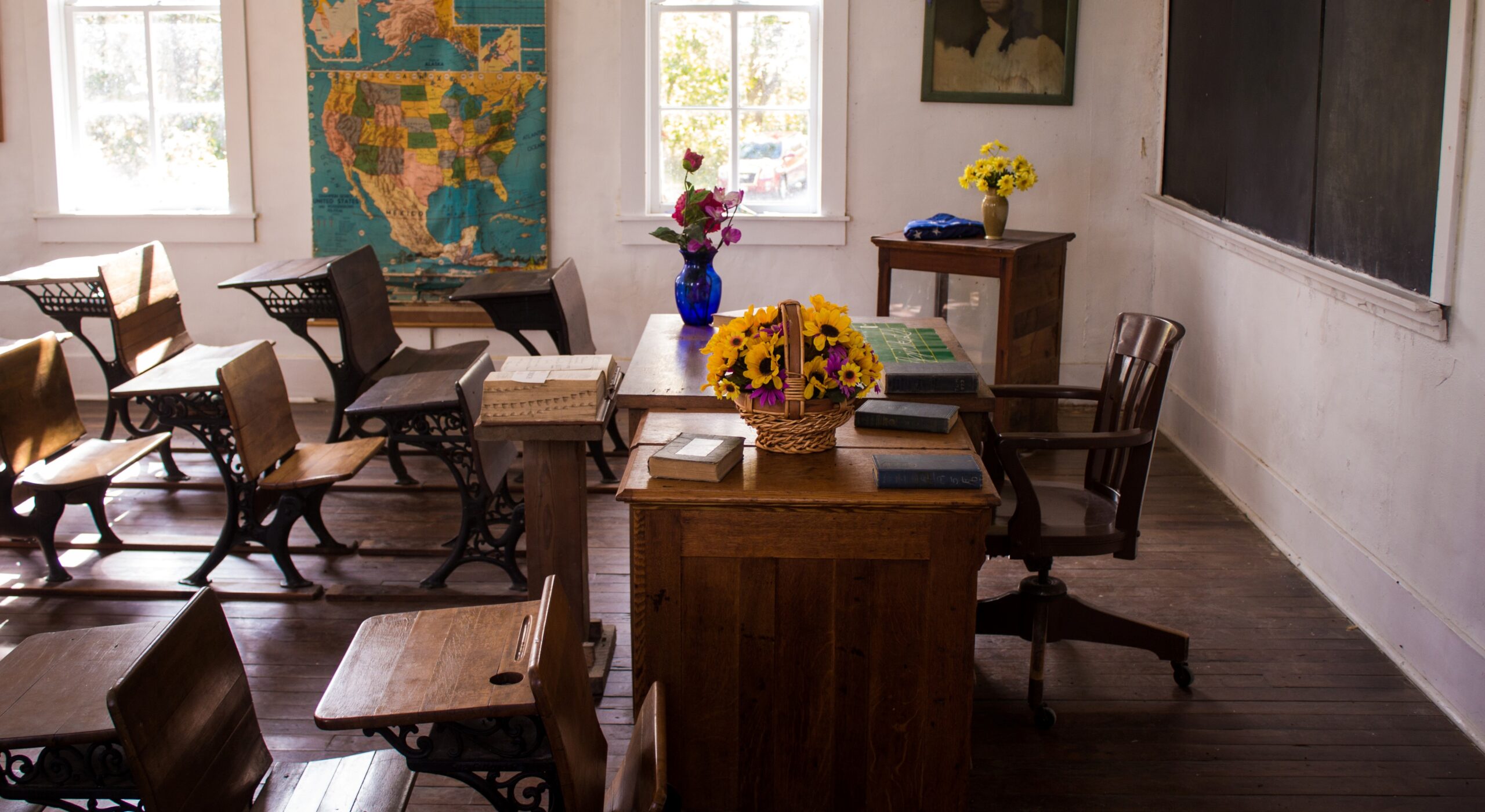
It starts differently but ends much the same
I was fascinated to hear the boy explain the cause of his anxiety and to articulate his reasoning with such clear logic, despite his young age. What struck me in that moment, was that WE ALL walk around with a chain of worst-case scenarios in our mind, often without being conscious of it.
What I found even more fascinating was, that the last events in the sequence are probably more or less identical for all of us. In other words, we all have our unique chains of painful and fearful events, which might take place in worst-case scenarios, and they all lead us to the gutter, where we might die – homeless, poor, and alone.
The uniqueness of our personal sequences of events lies not in how they end, but how they START. All fearful sequences of events start in their own unique ways; yet they end up in very much the same way, that is: in the gutter, alone, poor, homeless, and dying.
When I heard the story of the boy, I remembered my diary notes from some years ago, in which I had identified my own fear-based sequence of events. Although it starts in a different manner, compared to the boy’s, it ends up in the exact same way! In fact, all chains of worst-case events seem to follow the same logic, that is: a) they begin with us doing or revealing something shameful, embarrassing or wrongful; b) which leads us to being judged, unaccepted, disliked and/or unloved; c) which results in us being rejected, excluded, or not welcomed by others; d) which leads us to not having a job or earning an income; and finally, e) we end up poor, homeless, alone in the gutter, and dying. (Sorry for the heavy topic, but it will get better!)
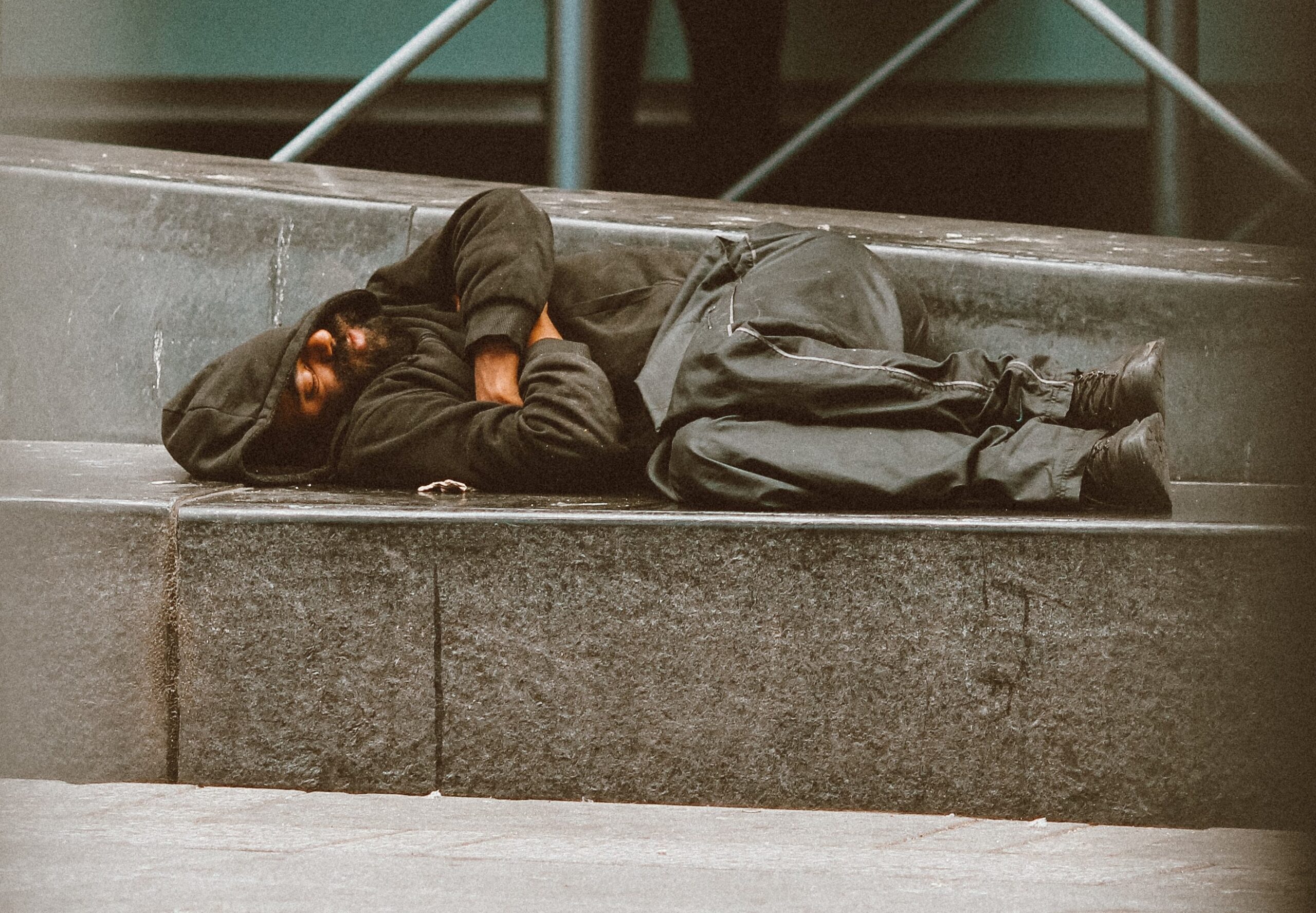
What is your chain of worst-case scenarios?
What about YOU? Have you ever thought about your own chain of worst-case scenarios? If so, would you be willing to write it down? To your aid, you can use the following template. (Fill in the dots and choose the most appropriate words inside the brackets):
“If I… [add your fearful, shameful, or painful situation], [they/he/she=X] will not [accept/like/love/approve of] me. If they don’t [accept/like/love] me, they will not want to [be with/include/welcome] me. If they do not want to [be with/include/welcome] me, I will be [excluded from/alone in] the world. If I become [excluded from/alone in] the world, I will not get any [jobs/clients/income]. If I do not get any [job/clients/income], I will end up poor, homeless, and alone in the gutter, and then I will die.”
Although this description might be quite painful to read, it holds valuable clues for your deeper self-understanding. Furthermore, it contains five basic fears that are common to more or less all people on Earth. These can be summarized as the fears of: (1) rejection/exclusion; (2) loneliness/separation, (3) poverty/scarcity; (4) homelessness, and (5) death. While all of us may have experienced rejection, exclusion, loneliness and separation to some degree in our lives, not all persons will experience poverty, and even fewer will face homelessness. Yet all of us will eventually face our own mortality and bodily death. As humans, we are all vulnerable in the same fundamental ways.
Therefore, what I find most interesting about our personal chains of worst-case scenarios is not how they end, but how they start. This is where our personal unique fears are revealed.
In the case of the boy, it was the fear of being yelled at and not graduating from school. For another person, it may be the fear of exposing one’s true nature, such as sexuality, religion, or political views, with the risk of being judged and rejected by one’s family, friends, and/or community. Or it could be the fear of revealing something shameful or ”wrongful” about ourself or our life, which we fear would cast a negative shadow on our persona and cause us to become ostracized by friends, family or community. In reality, most of us have something that we tend to keep quiet about (except perhaps with a few), even though our ”secret” may be completely harmless and innocent in other people’s eyes. Once we start talking about it (more) openly, we typically discover that it wasn’t such a big thing after all, and that people are far more tolerant and understanding than we had expected.
When we write down our own chain of worst-case events, we become aware of our underlying fears. The awareness itself will release some of the emotional charge. Once you have your sequence in writing, I suggest that you focus on the first part of it. Ask yourself: What situation or event do I find most stressful? Have I experienced anything similar in the past? What emotions do this situation generate? Hereafter, you may wish to go even deeper into past experiences and into your emotions and sensations inside the body. I would love to help you here, to process these events and emotions more fully. This inner work will enable you to let go of deeply held fears, transform subconscious “limiting beliefs”, and gain important new insights. Ultimately, your “sequence of worst-case scenarios” will no longer feel real and true to you. Through this type of transformational work, you can have huge relief from fears and worries, and greater emotional freedom in life.
Blessings on Your Journey to A New Peace of Mind!
Anna
Photos: by Japheth Mast, Jeffrey Hamilton, Jon Tyson and Rachael Crowe (order from top), all sourced from Unsplash.com.
Note: This article was first written and sent out as a Newsletter for MindShift Coaching (in April 2022). To subscribe, please visit this link to sign up.
